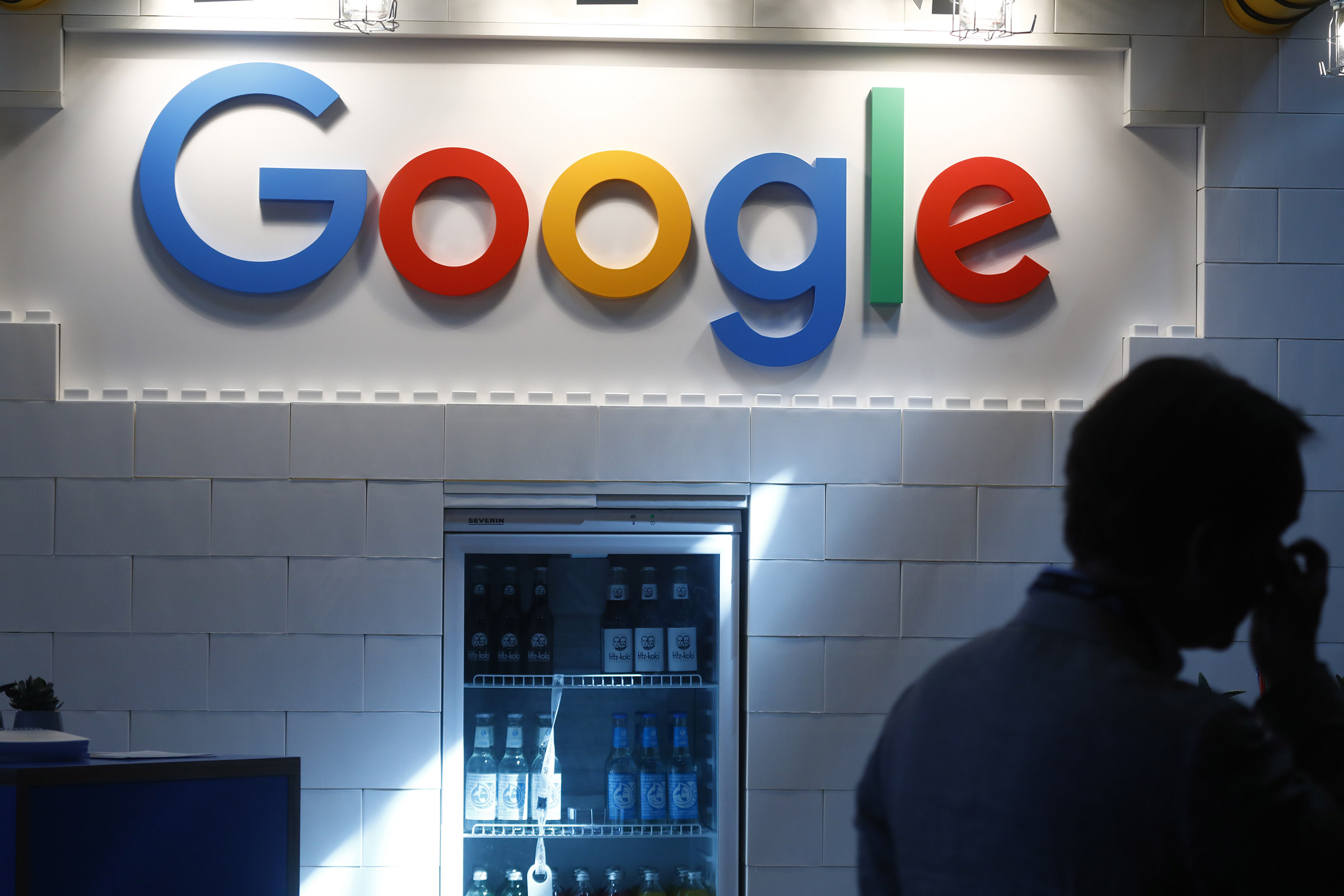
This week’s Department of Justice antitrust suit against Google is the agency’s first major case against Big Tech since the 1998 Microsoft suit. It comes on the heels of a 451-page report by the House Antitrust Subcommittee that enumerates the dubious and harmful practices of the dominant digital companies and proposes the reinvigoration of the antitrust laws. The Federal Trade Commission (FTC) is reportedly not far behind with its own antitrust action against Facebook.
All these initiatives are important, but they are not sufficient.
The abusive practices of the dominant digital platforms are so widespread and have become so embedded that there is no single solution. What is needed is a cocktail of remedies that blends antitrust with ongoing regulatory oversight.
Mixing such a blend begins with establishing goals for the outcome. It is not necessary to invent new expectations, but to simply return to the common law concepts that Big Tech has ignored. The common law duty of care provides that a company should anticipate adverse effects of its actions and mitigate them. The common law duty to deal establishes that the provider of an essential service has the responsibility to provide impartial access to that activity.
The industrial era produced unrivaled innovation and prosperity while being governed by these common law concepts. The internet era has seen the digital companies make their own rules while selling the elixir that government oversight would spoil the magic of their innovation.
The House report and Department of Justice lawsuit have laid bare the results of the companies assuming a pseudo-government role. The dominant digital-platform companies have become gatekeepers controlling access to consumers and competitive assets. Such concentrated monopoly power is what the antitrust laws were created to prevent. Unfortunately, however, antitrust suits are reliably lengthy proceedings with uncertain outcomes. Recent court decisions constraining antitrust authority, coupled with the challenge of applying industrial-era statutes to the digital economy, cry out for the institution of timely ongoing and agile oversight of the dominant digital companies.
Even if antitrust enforcement results in structural reform of the marketplace, it does not establish broad behavioral expectations in that marketplace. Breaking a big company into smaller parts does not ensure against the smaller companies developing their own abusive behaviors. Antitrust, for instance, cannot reach consumer-protection issues such as forced consent to the use of your personal information, or require that consumers receive basic information about how their personal data is being used. Most important, antitrust decisions do not have the flexibility to respond to companies’ ever-changing use of ever-evolving technology.
The digital-oversight cocktail, therefore, needs to include the ability to establish industry-wide behavioral rules in addition to antitrust enforcement. Historically, the federal government has established a specialized agency to deal with new and specialized circumstances created by new technology, from the regulation of nuclear safety to highway safety to financial markets. The Federal Communications Commission, for instance, was established to oversee the new technology of broadcasting.
While the House report encourages expansion of the FTC’s authority, we have reached the point in our digital trajectory where we need a new regulatory agency with digital DNA. This is not to cast aspersions on the dedicated professionals in existing agencies, but those agencies were created to deal with industrial-era issues. To ask an agency such as the FTC to oversee issues as diverse as funeral-home practices, McDonald’s franchises and robocalls, and then add to that the continuing oversight of the fast-paced digital platforms is to create false expectations.
The regulatory muscle memory of old agencies was developed in a time when relatively stable technology produced relatively stable markets. The new digital agency must have new procedures designed to keep up with the accelerated pace of change.
The old regulatory ideal in which government micromanaged companies is similarly out of date in markets driven by digital dynamism. Thus, the question “how to regulate” becomes as important as “what to regulate.” Rigid, top-down, bureaucratic policies that often required prior approval for innovation has been sabotaged by the fast pace of the digital era. Digital oversight must be built around risk management rather than micromanagement. Such a new approach would identify specific harms – such as the siphoning of personal information, or the hoarding of data to prevent new competition – and target policies to address such behavior.
The federal government has become proficient at doing again what it did yesterday. These policies and procedures, however, have been ambushed by the future. Yes, antitrust reform and enforcement is important. But if we’re really serious about returning competition and consumer protect to the digital economy, it’s simply not enough to look backward and redress a harm that has already occurred. We need to couple antitrust with a new vehicle for public-interest oversight to prevent abuses in the first place.
More Must-Reads from TIME
- Why Biden Dropped Out
- Ukraine’s Plan to Survive Trump
- The Rise of a New Kind of Parenting Guru
- The Chaos and Commotion of the RNC in Photos
- Why We All Have a Stake in Twisters’ Success
- 8 Eating Habits That Actually Improve Your Sleep
- Welcome to the Noah Lyles Olympics
- Get Our Paris Olympics Newsletter in Your Inbox
Contact us at letters@time.com